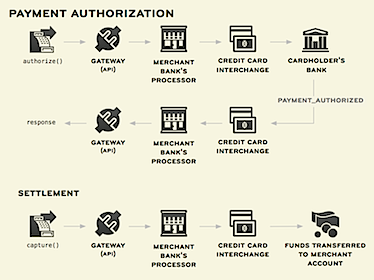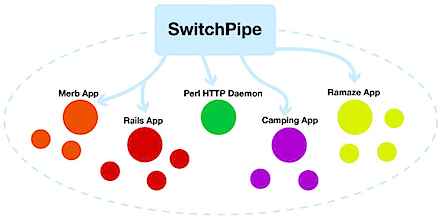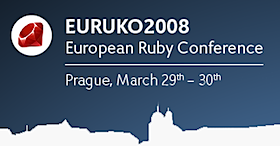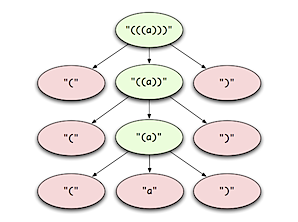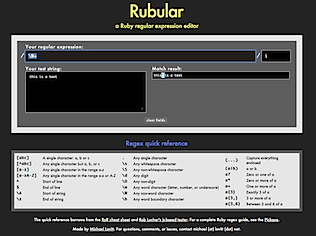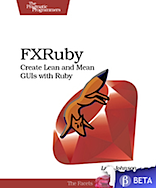Ruby is an easy language to learn, but it’s often necessary to look up something we’ve forgotten. A combination of Google plus any Ruby books we have on our shelves can help, but sometimes it’s handy to refer to a simpler set of notes – such as a “cheat sheet.” This post attempts to cover the most interesting ones.
The idea for this initial list came from Scott Klarr’s own list. Scott has been quite prolific lately in putting together lists of cheat sheets. Some of his lists are: Apache cheat sheets, MySQL cheat sheets, PHP cheat sheets, and JavaScript / AJAX cheat sheets. Read More


